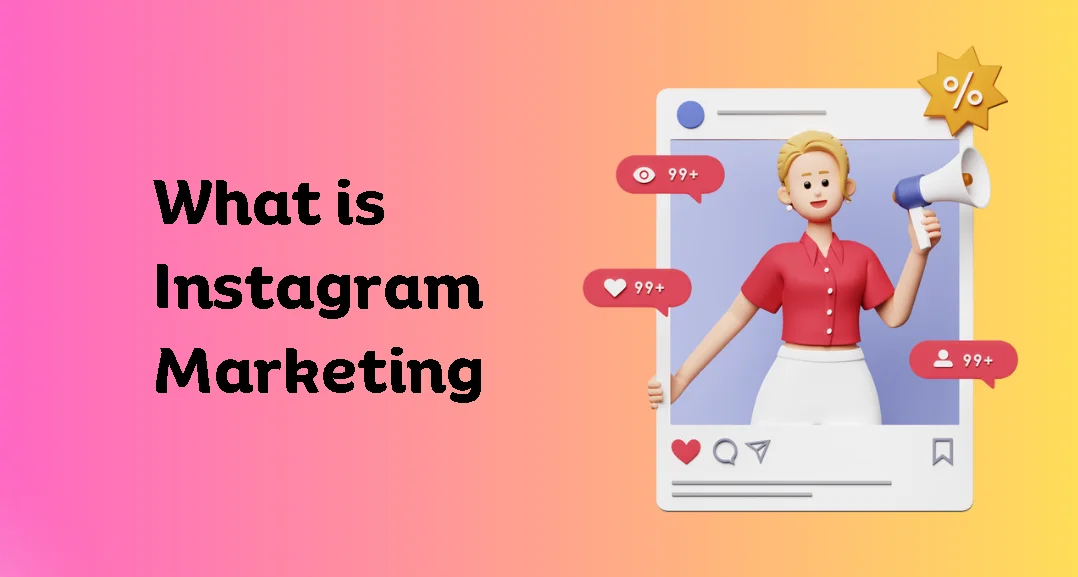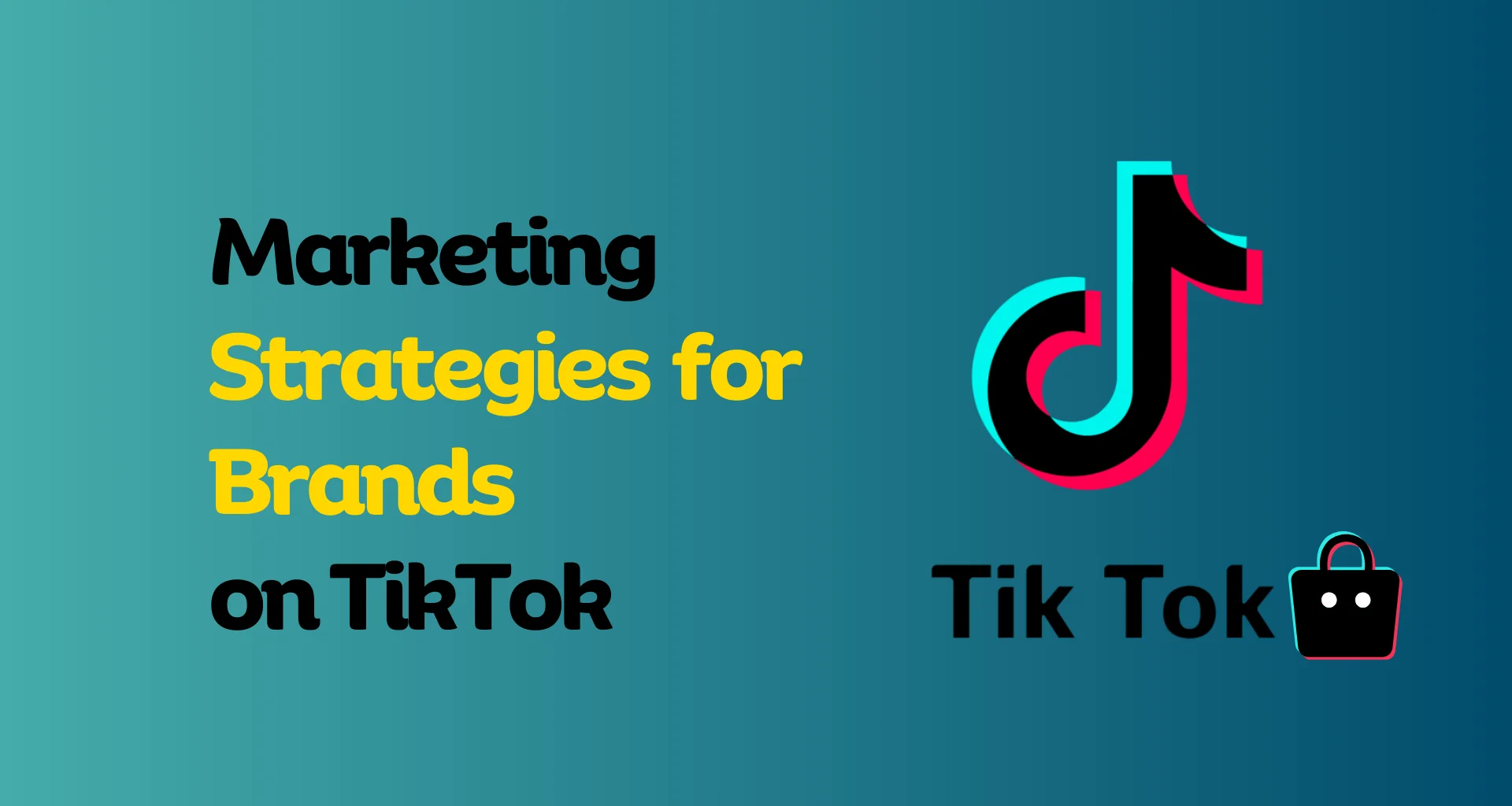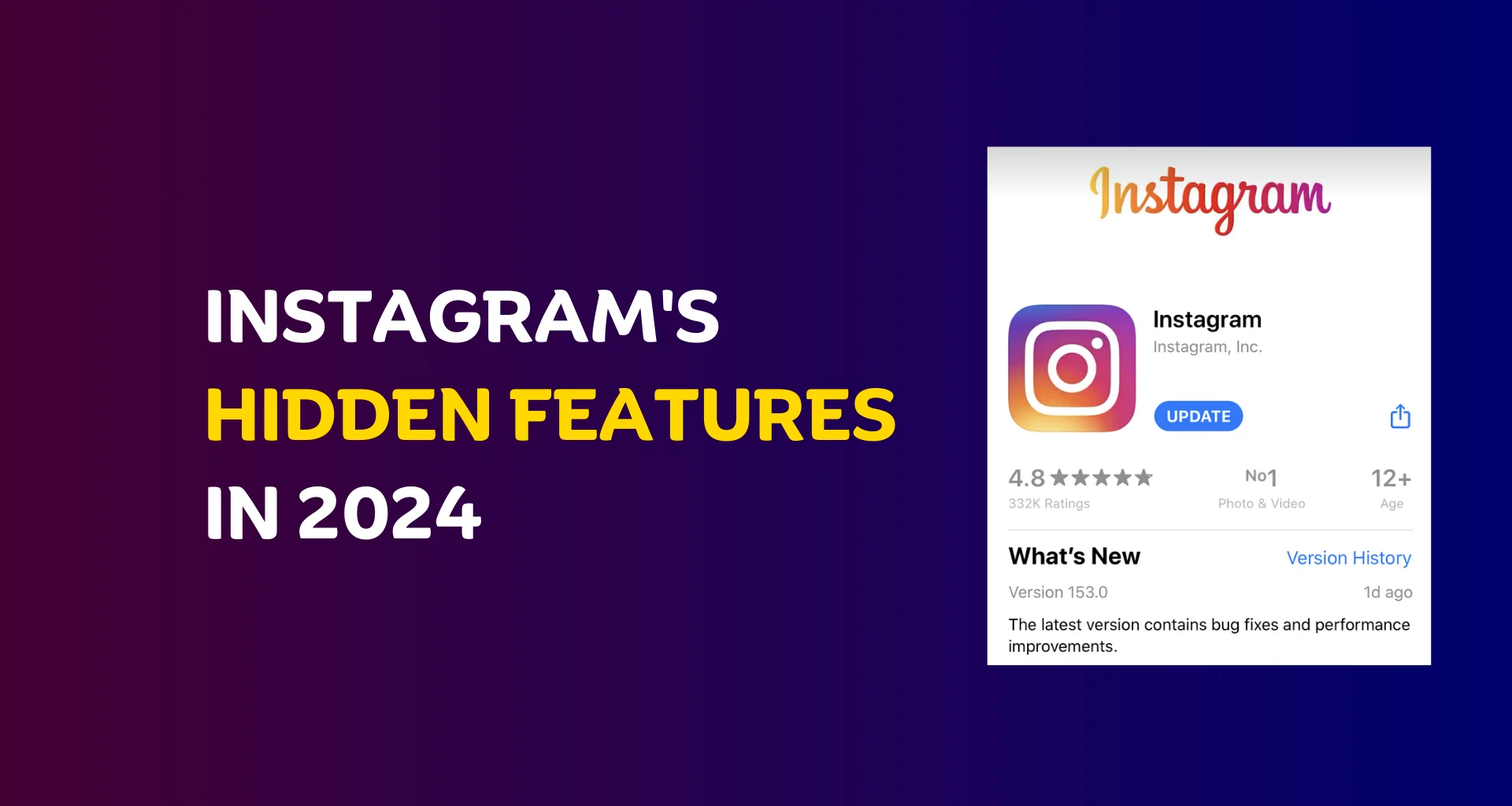Have you ever noticed how significantly social media has affected our lives? Or ever wondered how you can use social media to fuel social changes? People may argue that starting a social change is not possible with social media platforms.
With over 3.5 billion users all around the world social media fortunately has become the platform that can as a catalyst for social change. It has never been this easy, with famous movements like #blacklivesmatter, and #Me-too it was so much easier to convey the message all around the world.
Social media has become a powerful force for social change, empowering people and groups to gather support, campaign for, and help bring forth significant modifications in our society. In this article, we are going to explore how social media can be used as a tool for social change. So stick around and learn how you can become a future social activist.
1. Raising Awareness and the Voices
At the heart of social change lies the power of awareness. Social media platforms have an exceptional reach which allows both individuals and groups to draw attention to serious problems. Activists may pass on facts, incidents, and personal experiences that will create an ocean of information and awareness that might bring about change.
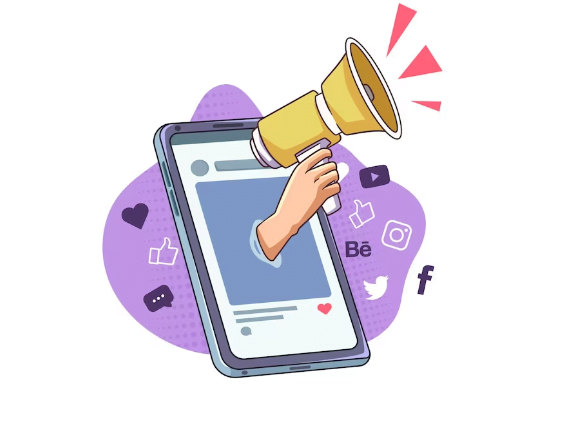
Take the #BlackLivesMatter movement as an example. Through social media, it caught attention from all over the world fueled questions, and arguments, and raised the challenges faced by the colored people about racial inequity and police brutality. The movement’s trending hashtag amplified voices, encouraged conversation, and put pressure on governments and other organizations to act quickly.
2. Building Solidarity and Societies
Social media platforms often act as online meeting places where people with similar interests may interact and share their ideas and experiences. These online groups promote unity and offer emotional support to people who are struggling with various societal problems.

Support groups on platforms like Facebook views enable individuals to connect with others facing similar challenges, such as mental health struggles or chronic illnesses. These communities serve as safe spaces for people to seek advice, and share coping mechanisms while participating in these groups because they feel secure doing so.
3. Crowdfunding and Fundraising for Causes
The power of social media as a whole has been utilized by crowdsourcing websites like GoFundMe and Kickstarter to raise money for a wide range of charitable purposes. The kindness of online forums has helped those in need, social organizations, and charitable organizations together.
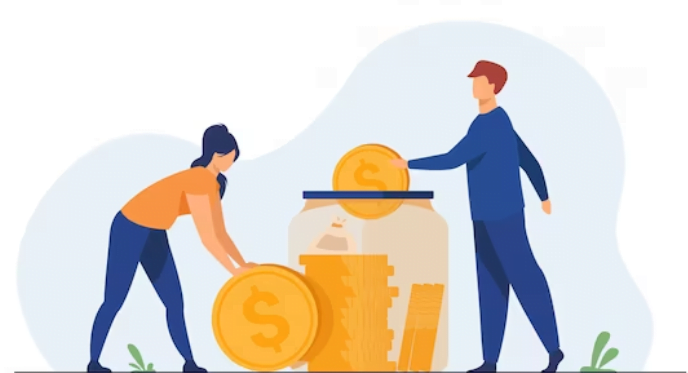
Disaster relief initiatives, humanitarian projects, and donations causes have benefited greatly from the ability of social media to pass on information quickly and raise money. It gives people an easily accessible means through which they can promote challenges and issues that they care about, making a real impact. There are many examples the most recent one of Morocco earthquake.
4. Political Rallies and Campaigns
Social media platforms have become an emerging platform for engagement in politics. These platforms enable widespread involvement in politics, from planning protests to promoting petitions. News around protests, marches, and campaigns for change can be easily shared by activists, reaching a large audience while encouraging involvement.

Social media, for instance, was crucial in organizing and mobilizing Middle Eastern protesters during the Arab Spring Crisis. Twitter and Facebook were vital tools for organizing protests and sharing news, which resulted in a huge political shift in the region’s politics.
5. Holding Organizations Accountable
Social media is a powerful tool for keeping institutions and organizations responsible because of its transparency and direct nature. Corruption, injustice, and misbehavior can be documented and shared by citizens, ensuring that these problems are not ignored or unnoticed.
An excellent example of how social media has made sexual harassment and misconduct public is the #MeToo movement. As a result of survivors and their supporters utilizing social media sites like Twitter to communicate their experiences, the pervasive nature of the issue was widely acknowledged, triggering discussions raising questions, and holding people accountable for the deed about consent and guilt.
6. Activism and Education
Societal media is a readily accessible platform for the propagation of knowledge and information, and education is an important driving force behind societal change. Advocacy groups and specialists can take advantage of social media sites like YouTube and Instagram to create educational videos, infographics, and articles that enlighten the public about important problems.

For instance, environmental groups frequently use social media to spread news concerning environmental practices, wildlife protection, and climate change. By providing educational content, they not only increase awareness but also motivate people to take action and make wise decisions.
7. Promoting Diversity and Kindness
Social media enables people to express their various points of view and experiences, which promotes compassion and mutual understanding. It gives voice to groups and communities that are underrepresented so they can tell their stories and experiences to inspire change.
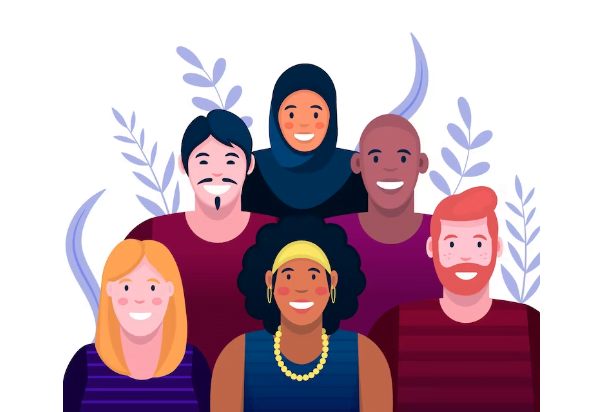
For instance, the colored community has challenged racial abuse, publicly shared their harassment experiences due to darker tones, encouraged acceptance for who they are, and challenged stereotyping via platforms like TikTok. This helps to change society’s attitudes and behavior while also promoting diversity.
Wrapping up, Social media has the ability to have a beneficial effect on society when used properly and ethically. It provides voices with an expanded audience, builds connections, and drives actions on a scale that was previously thought unimaginable. Using social media’s potential for social change is still an important tool for creating a more equal, fair, and humane society as we traverse into an ever-more-linked world. Hence, we shall use these social media channels as catalysts for change, advancing to a brighter future for all, rather than just for likes and shares.



